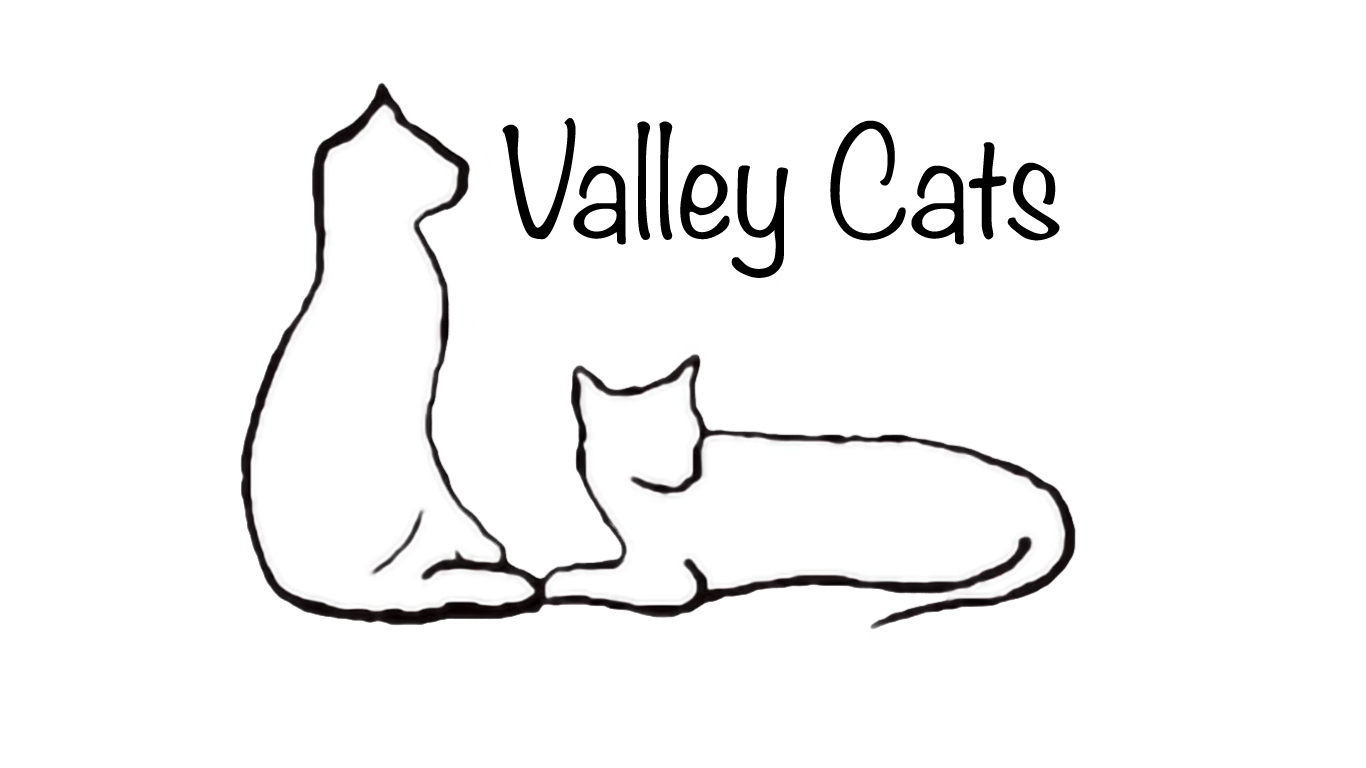Dealing With Poop
HELPING KITTENS ELIMINATE and LITTER BOX TRAINING
You have probably seen momcats stimulating their babies to urinate and defecate by licking their hind quarters. This job is now up to you, and the younger the kitten is, the more important this becomes. Young kittens cannot urinate or defecate on their own.
After each feeding, hold the kitten so that you can gently massage the lower abdomen, genital and rectal areas to stimulate urination and/or defecation. Use a warm moist paper towel, small piece of cloth, cotton ball or cotton pad.
Massage only enough to stimulate. Too much and you might irritate the tender skin and cause chafing.
Be sure the area is clean and dry when you put the kitten back in its bed.
Kittens will almost always urinate. They should defecate at least once a day. It may take up to one minute of gentle massage before a kitten “poops,” so be patient. If a kitten does not defecate after two days, call your vet or rescue organization for advice.
Kittens are usually ready for litter box training at about 4 weeks old. Do not use self- clumping litter at this point. There are several litter brands available made from recycled paper which are harmless to the kitten. This is what we recommend in the beginning.
Don’t expect miracles at first. Place the kitten in a shallow pan (aluminum foil cookie sheets are disposable). The kitten’s first reaction might be to try to eat the litter. Wait to see what the kitten does. The pan is shallow enough for the kitten to walk out of it so it won’t be afraid of the pan.
If the kitten does not seem to know what to do, place it in the “litter box,” gently take a front paw and make a “covering” motion in the litter.
If the kitten does urinate or defecate, do not clean this immediately. The kitten will be attracted to its own odor and understand that this is where to eliminate
